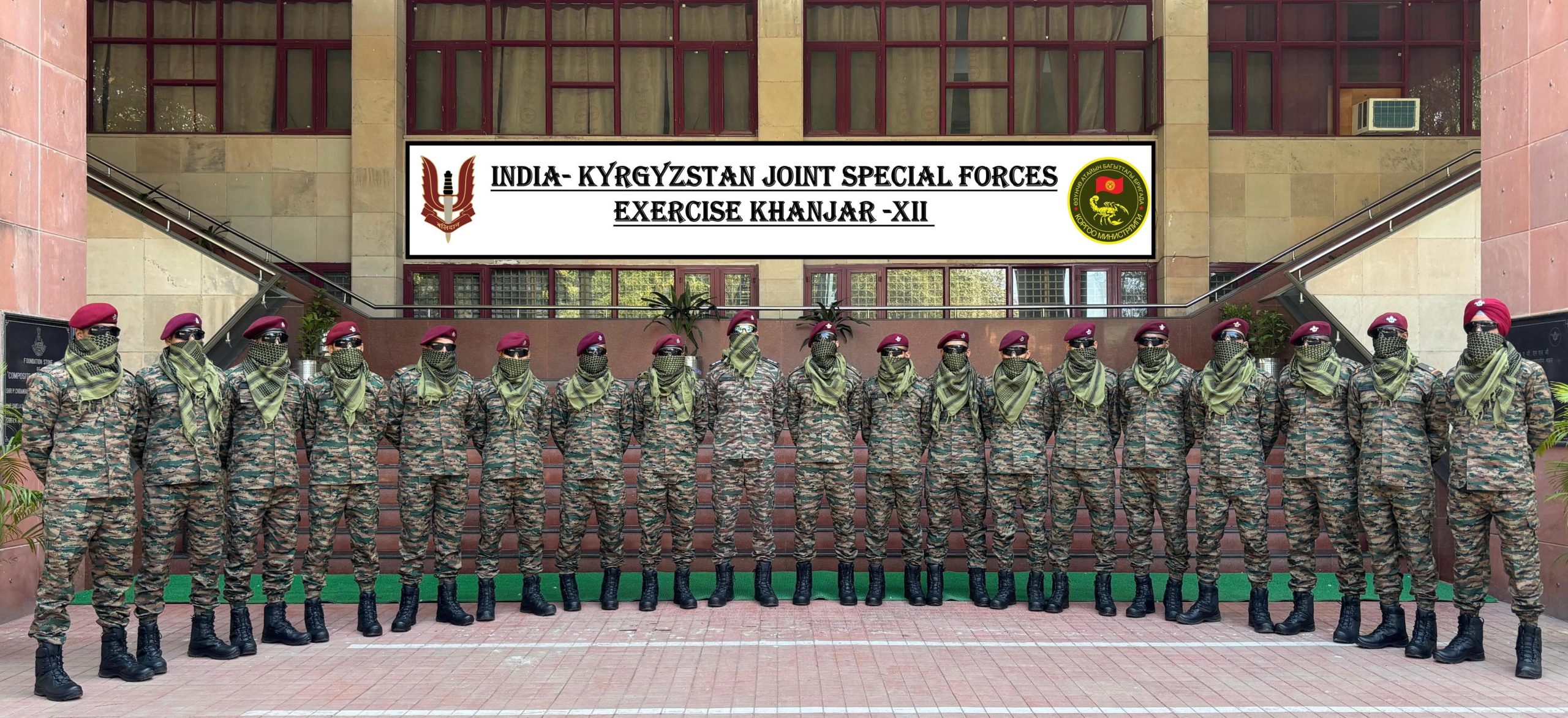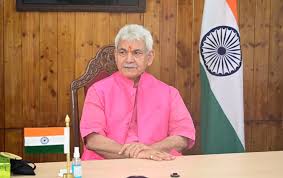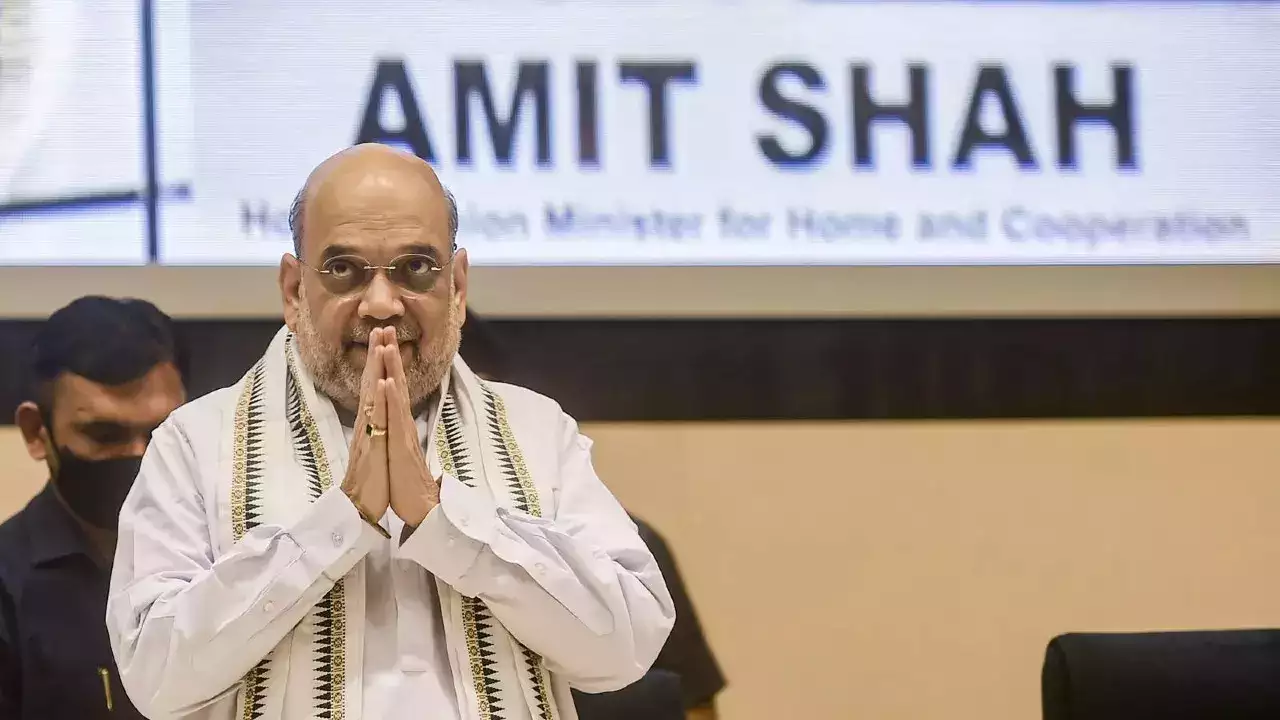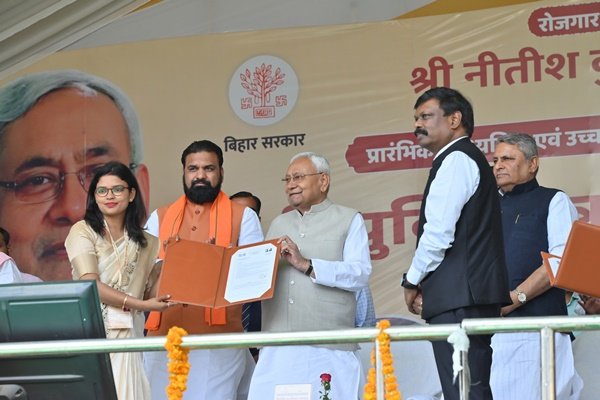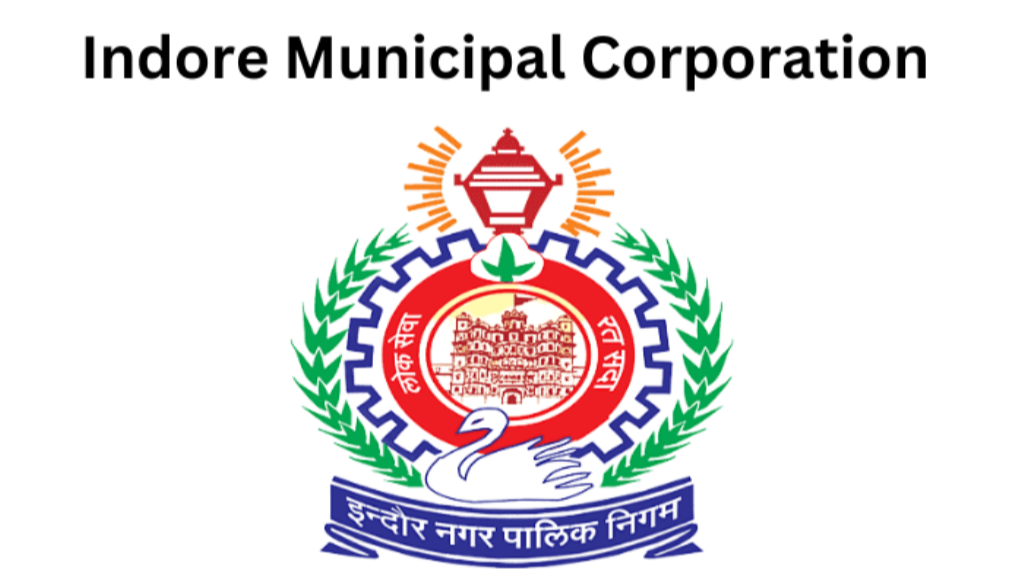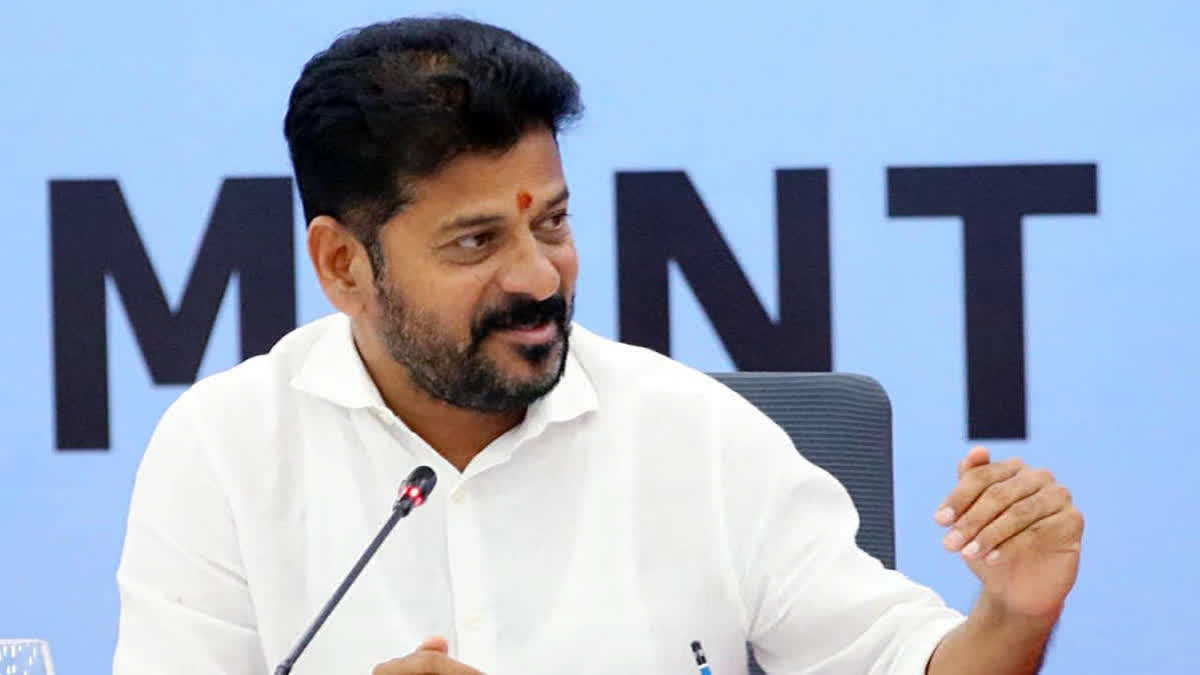India and US Resolve Six Trade Disputes, Agree to End Retaliatory Duties
Sat 24 Jun 2023, 10:57:58
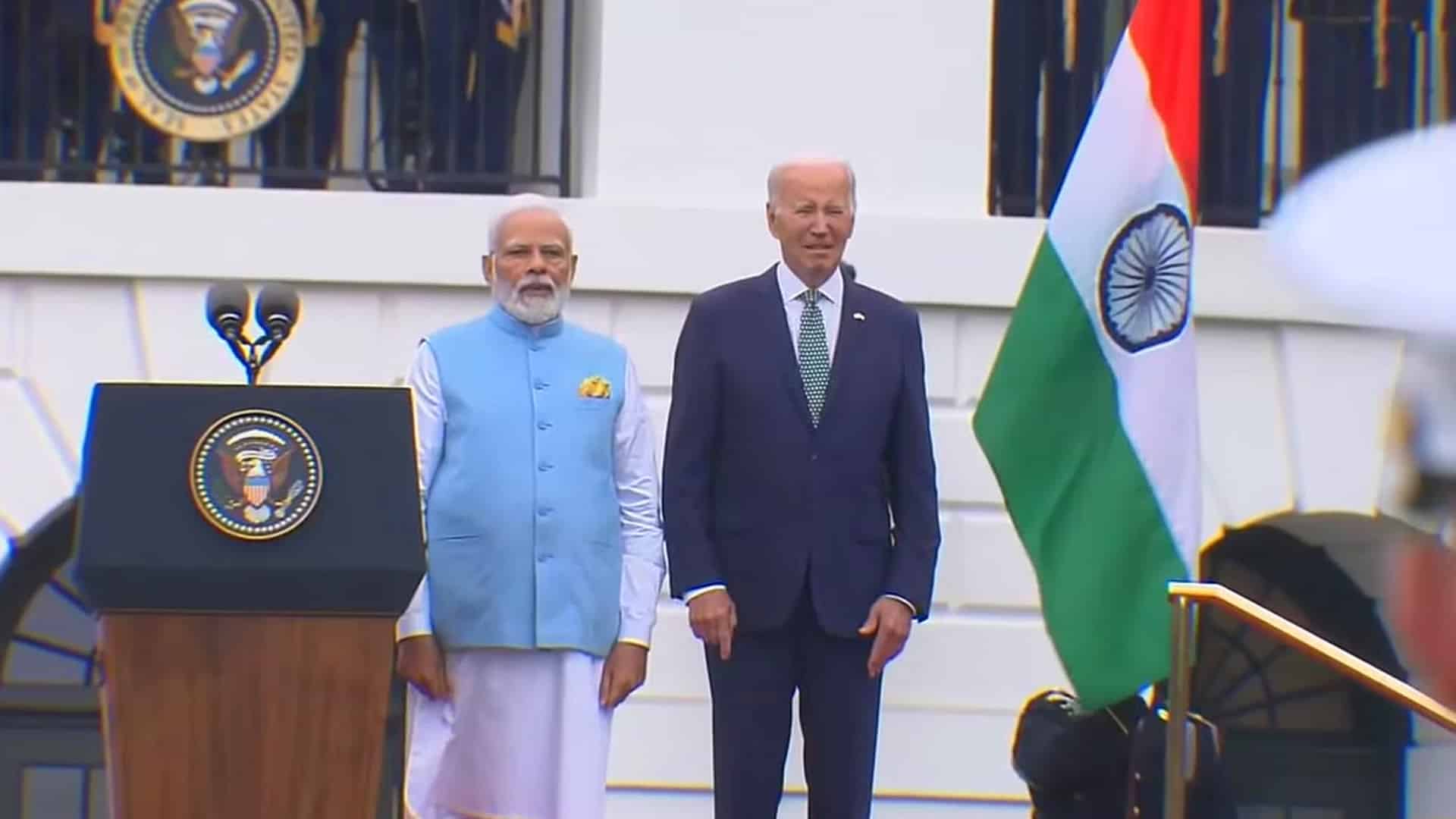
Washington/New Delhi: In a major development, India and the US have agreed to end six trade disputes at the WTO through mutually agreed solutions, while New Delhi will remove retaliatory customs duties on certain American products such as almonds, walnuts, and apples.
The decision to resolve the six trade disputes outside the dispute settlement mechanism of the World Trade Organisation's (WTO) was taken during the visit of Prime Minister Narendra Modi to the US.
According to the joint statement issued after the meeting of Modi and US President Joe Biden, "the leaders welcomed the resolution of six outstanding WTO disputes between the two countries through mutually agreed solutions".
The six disputes include three initiated by India and as many by the US.
The six cases are countervailing measures on certain hot-rolled carbon steel flat products from India, certain measures relating to solar cells and modules, measures relating to the renewable energy sector, export-related measures, certain measures on steel and aluminium products, and additional duties on some products from the US.
According to trade experts, both countries can resolve the disputes on mutually agreed terms and later inform the Geneva-based WTO about the same.
Commenting on this, commerce and industry minister Piyush Goyal said India and the US have actively engaged in discussions for the last two years to terminate these six outstanding disputes.
These disputes have been filed by India and the US over a decade, representing certain key sectors of the economy such as steel, aluminium, renewable energy, solar products, and certain key export-related measures. This mutually agreed solution negotiated by both sides marks the culmination of protracted negotiations, and it is unprecedented in WTO history, the commerce ministry said.
He also said that as a result of the agreement, exports of certain steel and aluminium products from India to the US would get an exemption from additional duties.
"They (US) have assured us that all exclusion (from additional duties) requests that India makes or US importer makes...They have given an assurance that at least 70 per cent of all such requests for steel and 80 per cent of all such requests for aluminium for products originating from India will be excluded from the additional process of Section 252 (of a US law), Goyal said.
These remarks assume significance as in 2018, the US imposed 25 per cent and 10 per cent import
duties on certain steel and aluminium products, respectively, on grounds of national security.
duties on certain steel and aluminium products, respectively, on grounds of national security.
The US administration had imposed these duties using Section 232 of an act that permits the president to restrict imports.
In retaliation, India in June 2019 imposed customs duties on 28 American products, including chickpeas, lentils, almonds, walnuts, apples, boric acid, and diagnostic reagents. India had also filed a complaint against the US in WTO on imposing these duties.
The United States Trade Representative (USTR) said that the two countries "have agreed to terminate six outstanding disputes" at the WTO.
On India's decision to remove retaliatory customs duties on certain American products like chickpeas, lentils, almonds, walnuts, apples, boric acid, and diagnostic reagents, USTR Katherine Tai said that these tariff cuts will restore and expand market opportunities for US agricultural producers and manufacturers.
Trade experts stated that the move will help boost two-way commerce and strengthen economic ties.
Welcoming the decision, think-tank GTRI co-founder Ajay Srivastava said it is expected that the agreement also includes a commitment from the US to eliminate additional tariffs on steel and aluminium imported from India.
The US is the largest trading partner of India. In 2022-23, the bilateral goods trade increased to USD 128.8 billion as against USD 119.5 billion in 2021-22.
According to WTO rules, a member country can file a case in the Geneva-based multilateral body if they feel that a particular trade measure is against the norms of the world body.
Bilateral consultation is the first step to resolving a dispute. If both sides are not able to resolve the matter through consultation, either of them can approach the establishment of a dispute settlement panel.
The panel's ruling or report can be challenged by WTO's appellate body.
Interestingly, the appellate body is not functioning because of differences among member countries to appoint its members. Several disputes are already pending with this body. The US has been blocking the appointment of the members.
Further, the joint statement also said that India has highlighted its interest in the restoration of its status under the US Generalized System of Preferences (GSP) programme, which could be considered in relation to eligibility criteria determined by the US Congress.
No Comments For This Post, Be first to write a Comment.
Most viewed from International
Most viewed from World
AIMIM News
Delhi Assembly polls: Owaisi leads Padyatra in Okhla
Feb 01, 2025
We reject this Waqf Amendment Bill: Asaduddin Owaisi
Jan 30, 2025
Latest Urdu News
Most Viewed
May 26, 2020
Which team will win the ICC Men's Champions Trophy 2025 held in Pakistan/Dubai?
Latest Videos View All
Like Us
Home
About Us
Advertise With Us
All Polls
Epaper Archives
Privacy Policy
Contact Us
Download Etemaad App
© 2025 Etemaad Daily News, All Rights Reserved.

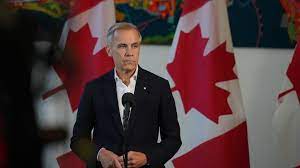
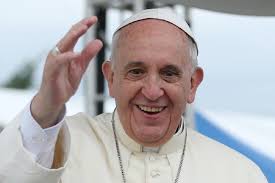




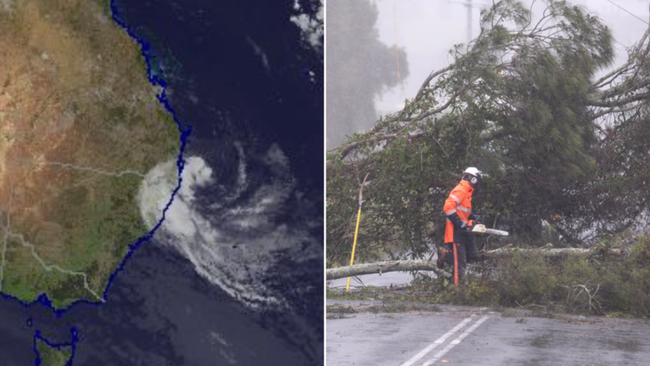
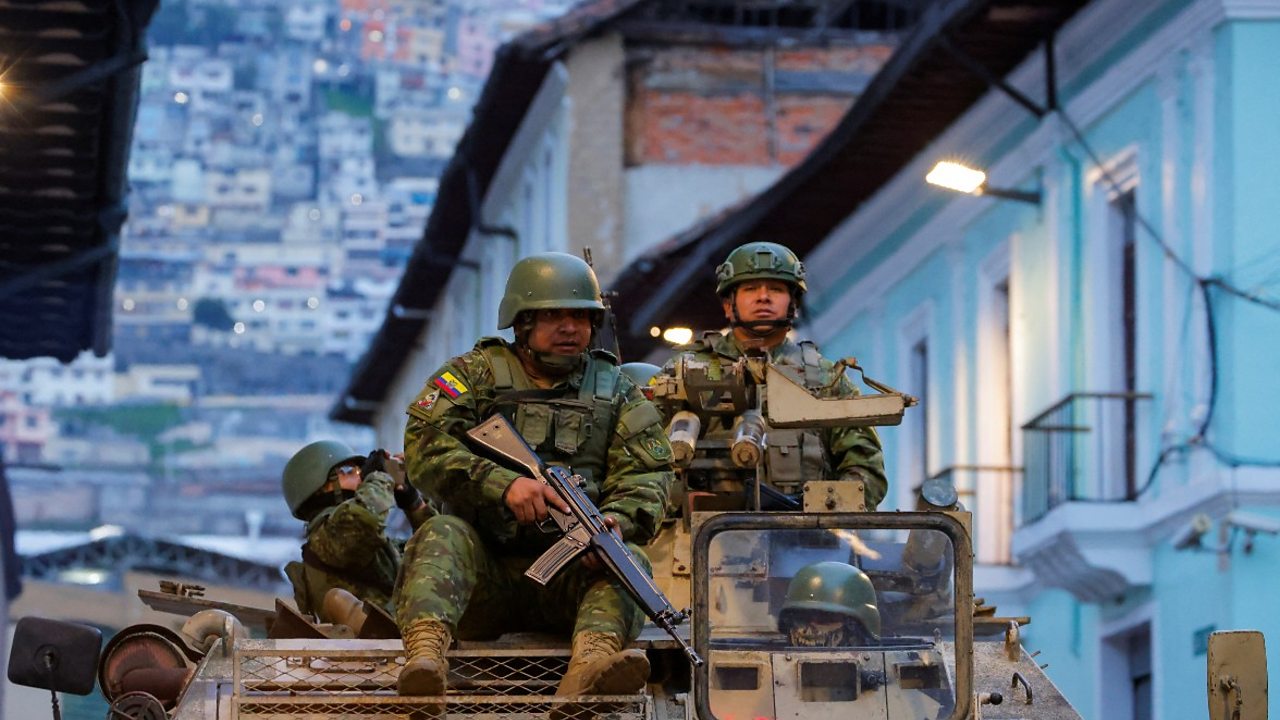
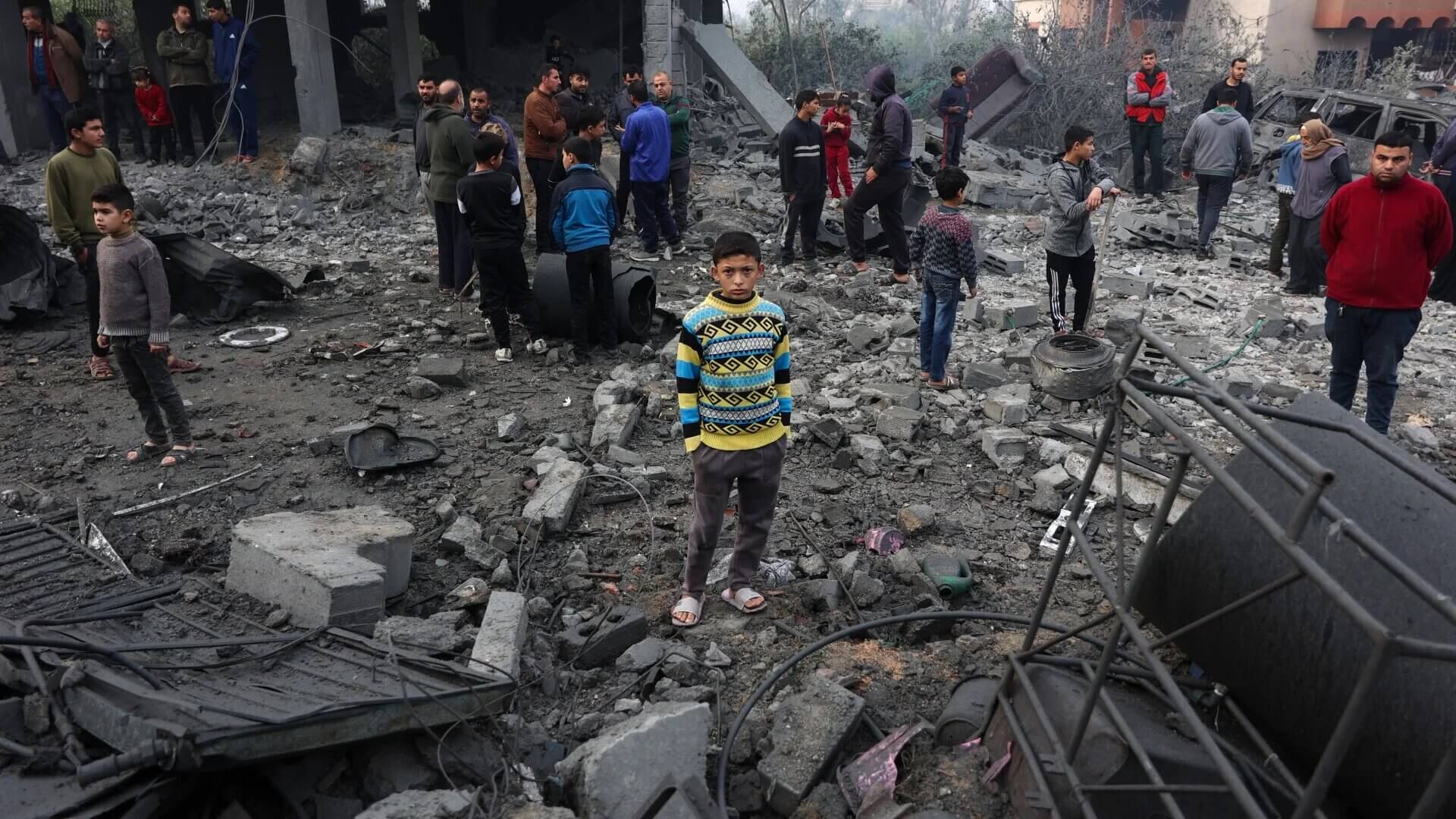
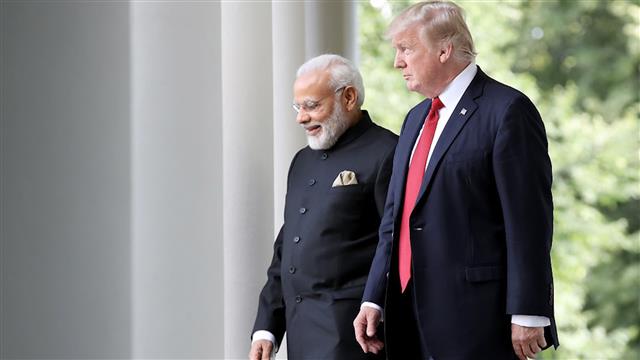
.jpg)
.jpg)


